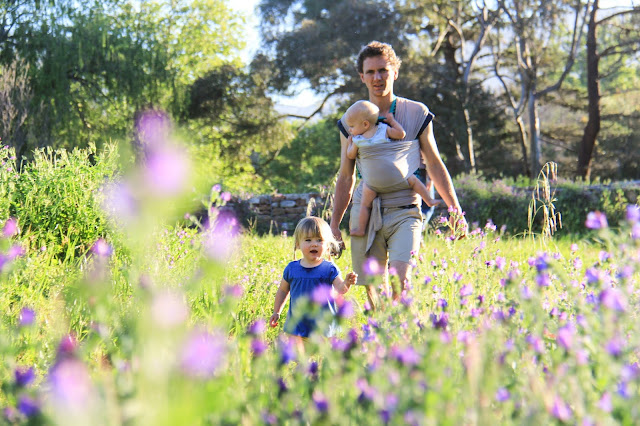Ufulu means freedom
 |
| Nandi |
Likoma at night is a
stargazers dream. In the absence of competing lights, the Milky Way paints a
bright bridge across the sky. Grace does not see it. She has found a gap to
slip away and keeps her eyes fixed on the path to the lake. She is grateful for
the moonless nights that come around as often as her nightly trips to the
water. The darkness will cover her actions. When it came for the first time,
she thought she was going to die. Her mother had found her in the pit latrine,
sobbing. She had been too shocked to talk but mama understood. Women understand
those things without speaking. Her mom had carried her back to the house, like
she had done when she was a little girl. She had explained that this would be
her new normal and handed her a large rag, sewn together from clothes that were
too broken to wear. She had shown her how she could fold it as small as
possible. ‘Wear this in your panties, until it is soaked. In the suitcase next
to my bed you will find new ones. Make sure that you wash them well. With soap.
Otherwise, it will smell and nobody wants that. And be careful with boys. From
now on you can get babies.’ That was the last thing that was said about the
topic. Four years have passed since that day. Blood had come and gone. Grace
has sneaked away to the lake and washed the rags she used. She has learned
which rags she should use for certain occasions. Some are bigger than others.
They last longer, which is good for school days. But it’s hard to walk normal
with all those layers of cloth between your legs. Rain season is the worst. It
takes long for the fabric to dry. Too long, and often Grace has missed school
because she had nothing to catch the blood. When she gets money, she will buy
pads, but they are expensive and a real treat.
I sort the laundry and from between the clothes, sand falls
on the floor. I smile, as it brings me right back to the island I have just
come from. Likoma, with her picture perfect beaches, azure blue water, many
baobabs and friendly people. I have called it a paradise, because it feels like
one. I may have even dreamed about building up a life there. It must be so
relaxing and peaceful. It probably is, but only when you have the money to get
everything you need.
On the island I have met many amazing people. Nandi, a
strong woman with a confident smile is one of them. She explains: ‘The pads
that you need for one period are about 1400 kwacha*. Most women don’t have that
kind of money, so they use rags. It’s not easy because you need to wash them,
and clothes take long to dry. There is a taboo on everything that has to do
with your period so it’s better if you can keep those things out of sight so
that men don’t see it. I have three sons and with them I talk openly about
these things. It’s important because it’s nature, and we should not be
embarrassed.’ Nandi is not only talking to her own boys about ‘these things’.
Nandi goes to schools, women’s groups and villages where she runs workshops to
talk about menstrual hygiene, puberty and family planning. She helps girls to
understand what is happening when their body changes, and she teaches the women
from the island how to use a menstrual cup. She works with Ufulu, an NGO that
hopes to help with ending period poverty on the island. Ufulu does this through
running workshops where they distribute cups for free and provide information
on how to use them. Menstrual cups are a welcome solution as they are easy to
use, easy to clean, cheap and much better for the environment. Ufulu means
freedom in Chichewa and that’s exactly what the cups give the women. Freedom to
leave the house during their periods. Freedom to go to school. Freedom to work
and freedom to feel free of shame. It’s the start of more equality for the
women of Likoma. Head over to www.ufulu.org/ to read why Widge Woolsey
started Ufulu on Likoma, why they chose for cups and about all the amazing
things they are doing now. And, most importantly, for more information on how
you can help!

